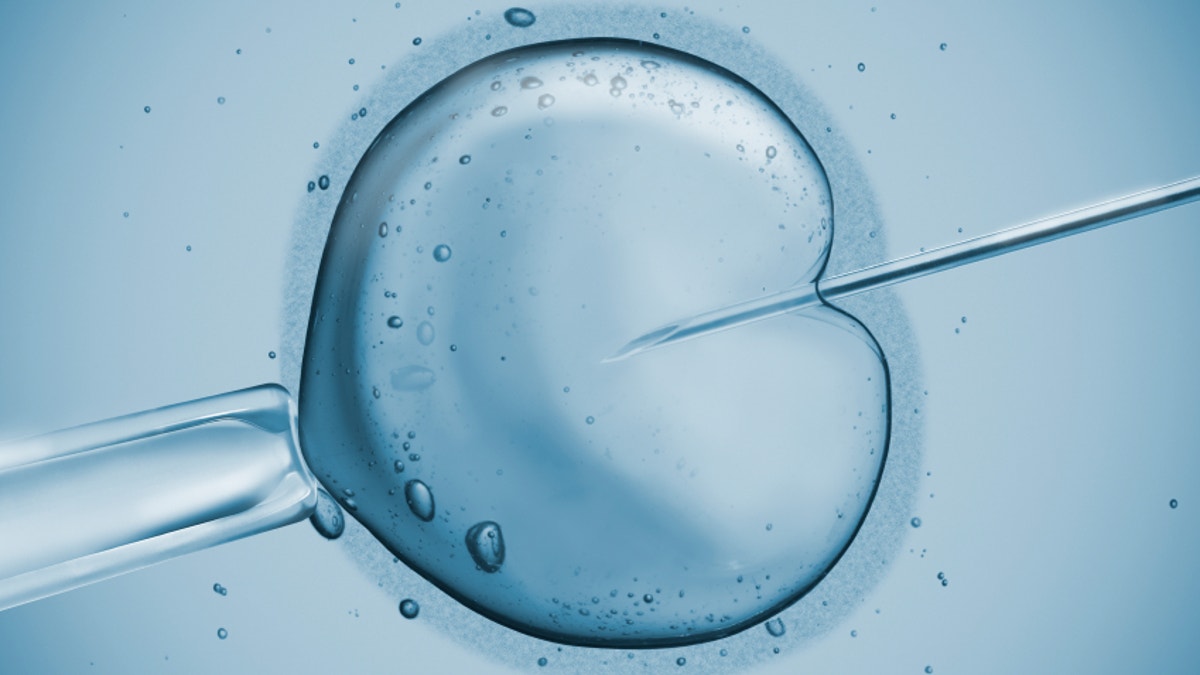
IVF treatment.
Children conceived with the help of in vitro fertilization (IVF) do not have a greater overall risk for cancer compared to the general population, MedPage Today reported.
In the largest, population-based study of its kind, researchers from the Institute of Child Health at University College London studied a cohort of 106,013 children conceived using IVF. Researchers utilized data from the United Kingdom Human Fertilization and Embryology Authority and compared it with data from the National Registry of Childhood Tumors. Overall, researchers reported no increased risk of leukemia, neuroblastoma, retinoblastoma, central nervous system tumors, or renal or germ-cell tumors among children conceived using assisted reproduction.
Researchers did find slightly increased risks of hepatoblastoma – a form of liver cancer – and rhabdomyosarcoma – a soft tissue cancer. However, the absolute risks were small.
Previous research, conducted in Sweden, had demonstrated a slightly increased risk for cancer among children born using assisted reproductive techniques. However, researchers from University College London point out that this study was smaller and limited in scope – and other experts agree.
"Since the current study is more than four times larger than the Swedish study, it will necessarily carry greater weight," Dr. Richard J. Paulson, chief of the division of reproductive endocrinology and infertility at the University of Southern California in Los Angeles, told MedPage Today.
The study, which was published in the New England Journal of Medicine, defined assisted reproduction as “all treatments or procedures that include the in vitro handling of both human oocytes and sperm, or embryos, for the purpose of establishing a pregnancy, excluding treatments that use donor oocytes, sperm, or embryos."







































